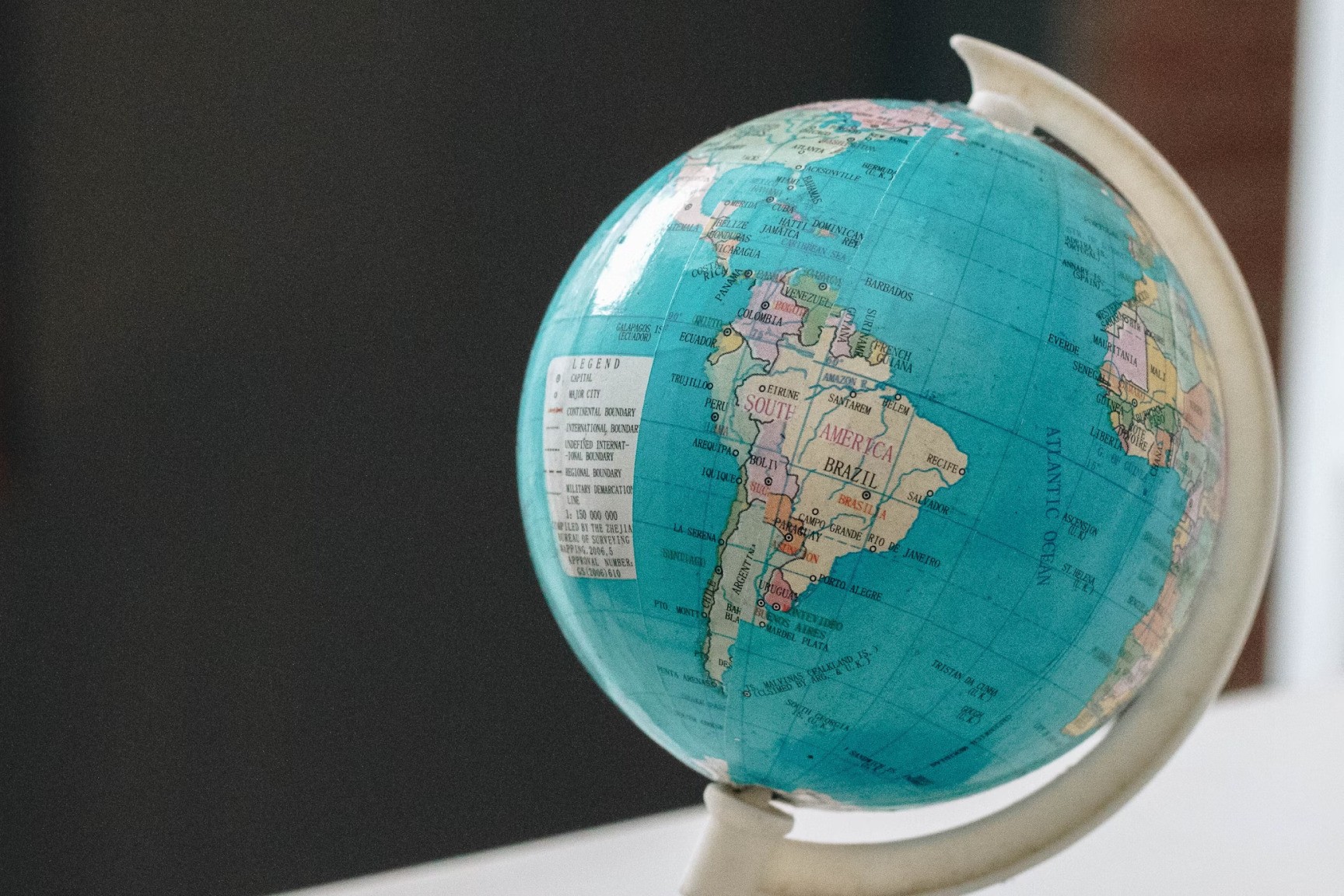From managing your credit to budgeting to investing, you might have much to do when it comes to your finances. That’s why it’s so important to create a strategy that will help you become more efficient at managing your money. Taking the right steps can help set you up for financial success.
Increase Your Retirement Savings Each Year
Increasing your savings toward retirement, even by 1 percent, can really increase your nest egg. Even though this does not sound like very much, it only impacts your paycheck a little, and if you get a raise each year, you might not even notice it. Generally, you want to be setting aside at least 15 percent or more of your income each year, and once you are older, you should be setting aside an even larger percentage. If you do not have a job where you feel like you can earn enough to comfortably do this, it might be time to enter the job market again to find an employer who can offer a high enough paycheck. Consider networking, interning, or even getting another degree to increase your chances of getting a higher-paying job. If you are thinking about getting a graduate degree, you can get a student loan with different repayment options available to help cover the cost.
Put Money into Savings Before Spending
Managing personal finance during inflationary times is challenging but not impossible. As soon as your paycheck hits your account, you might be using it to pay your bills and other expenses before you put the rest into your saving account. If you have anything left, it might go toward something you want, like a vacation or going out to eat. However, paying your savings first is the opposite. It involves putting some money aside into your savings account before you pay your bills. After the bills are paid, you can put the rest toward discretionary spending or into savings. But the method of paying your savings account first helps you prioritize your goals. This does not have to be a difficult process. All you must do is set up a recurring automatic transfer from your checking account to the savings account. This is an especially good method if your income fluctuates from month to month, like if you have any freelance earnings.
Set Regular Reminders
You can use your phone and money management apps to help you keep your finances on track. Calendars are often used to help you keep track of appointments and events, but you can also set alerts for things like bill due dates, so you do not miss a payment and impact your credit score. These are helpful if you have one-time bills that you might not remember since they are not part of your regular routine. You can also set a reminder to regularly check on your budget. Even if you run it effectively, you still need to look at it every now and then. You could check it every other week or whenever you get paid. This helps you avoid expenses you didn’t know about or had forgotten about. Checking on your plan regularly will keep you from spending more money than you have.















